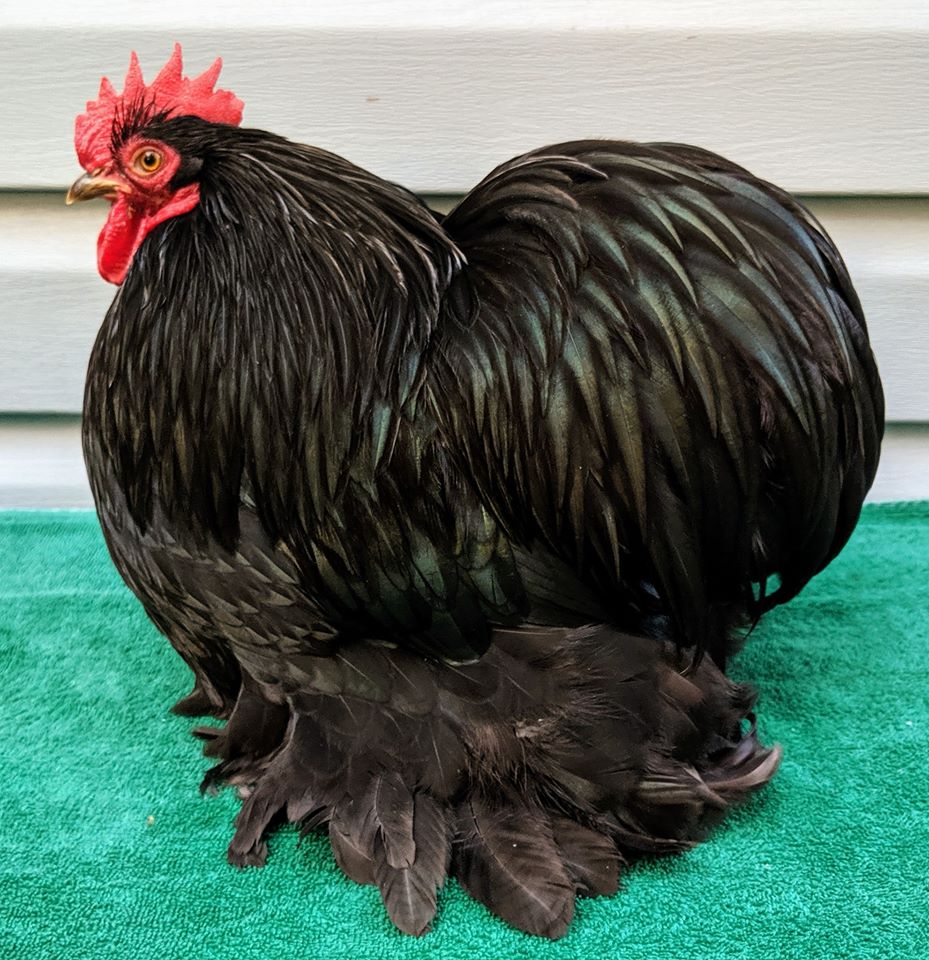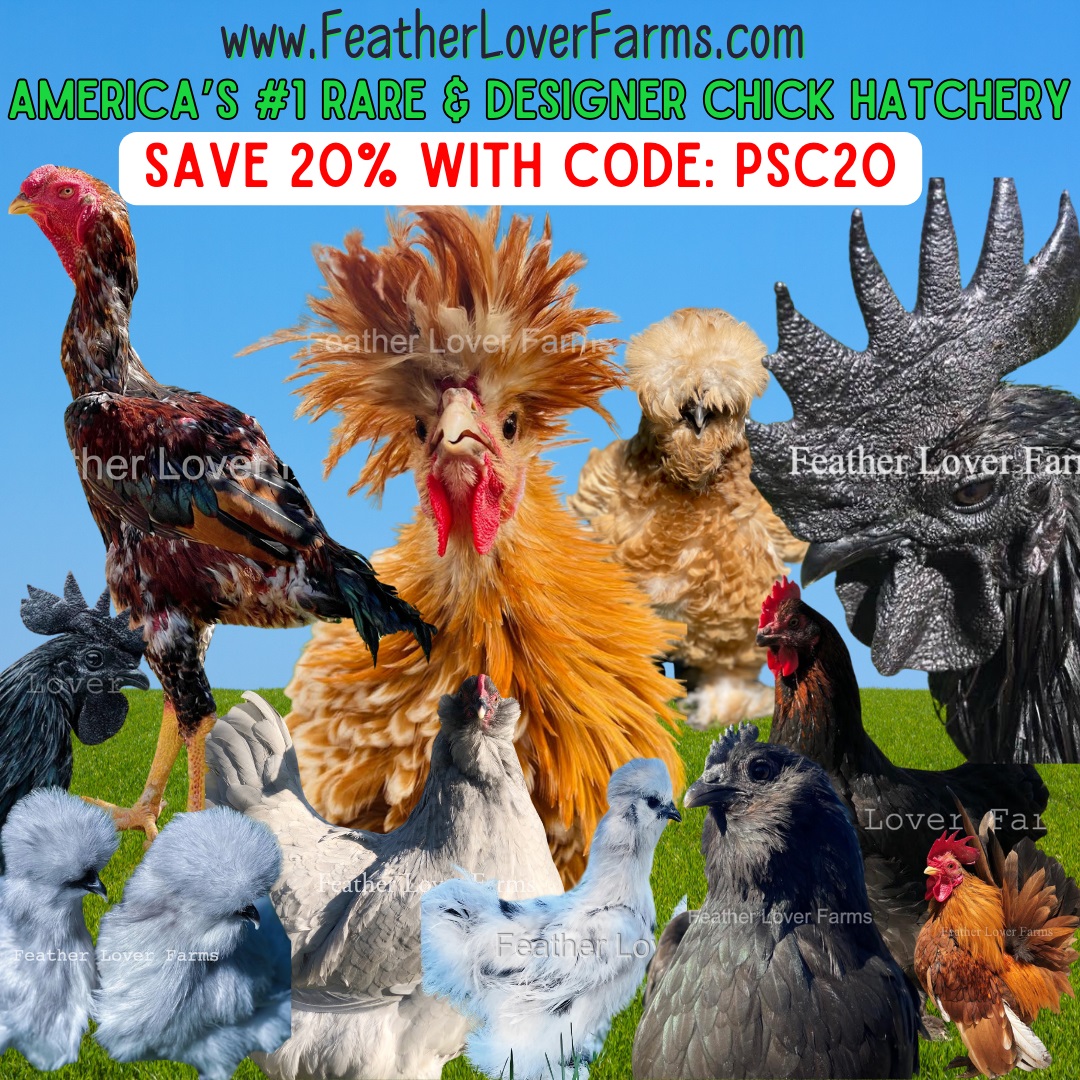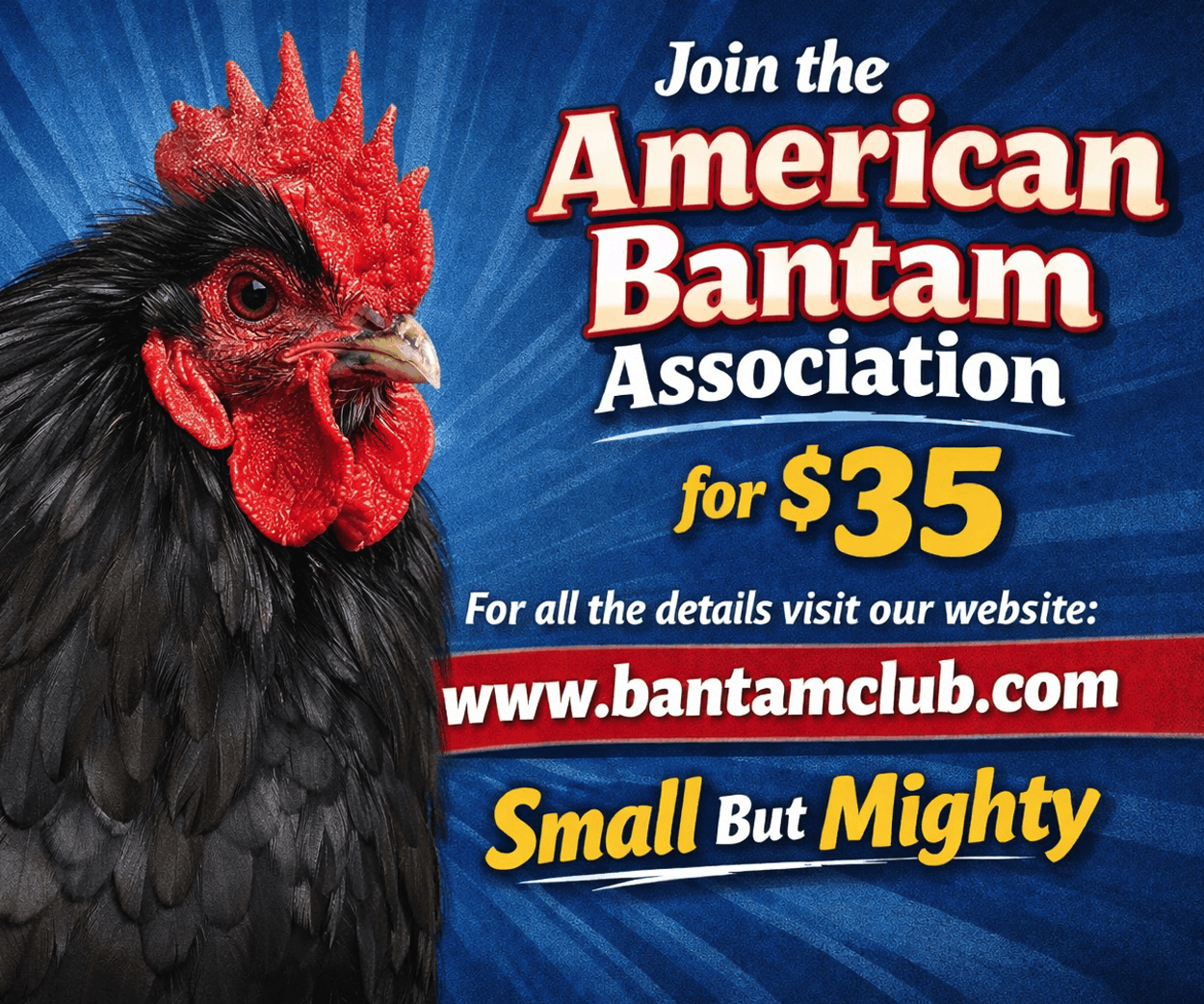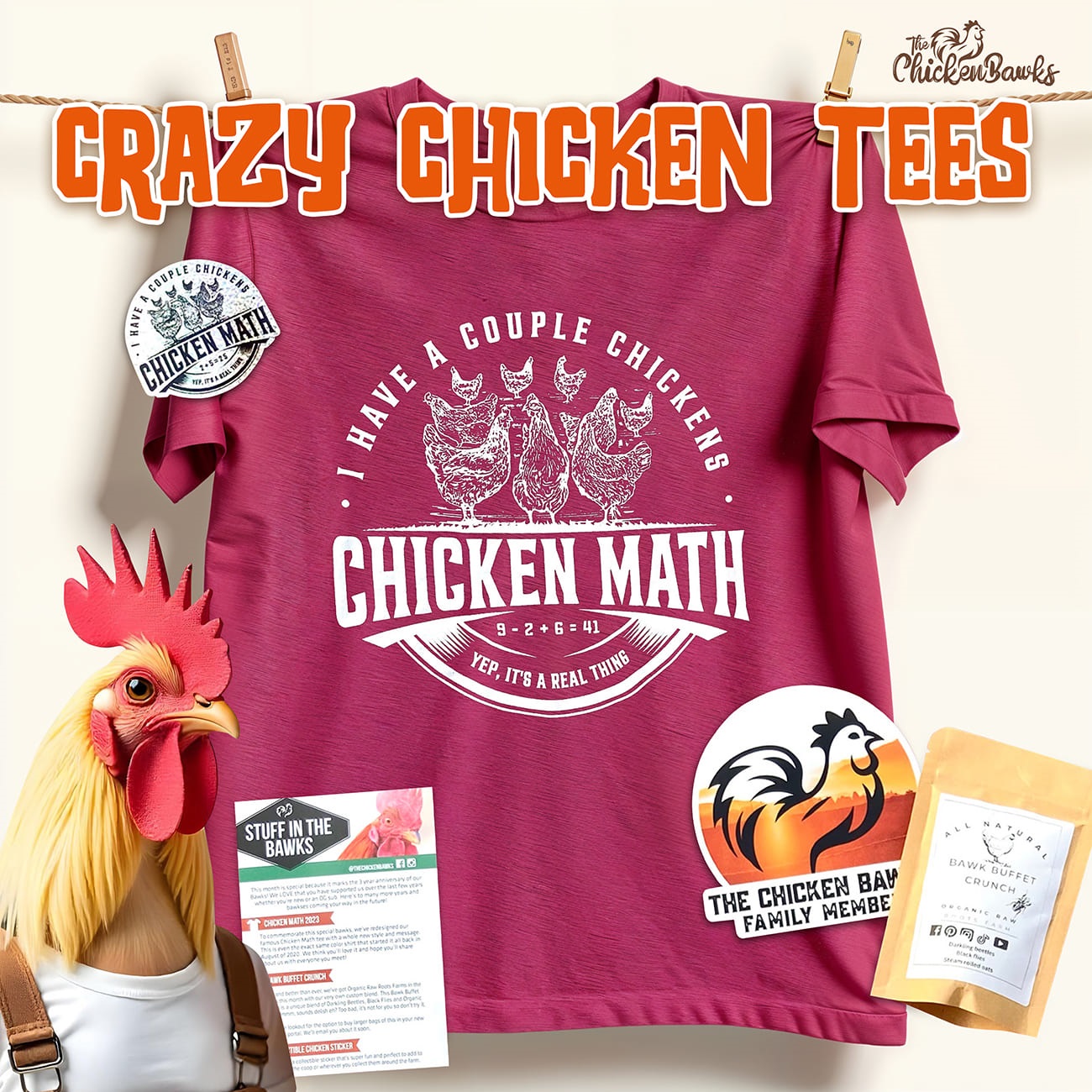LINE BREEDING vs. BLENDER BREEDING
By Rip Stalvey
 Photo Courtesy of Tom Roebuck
Photo Courtesy of Tom RoebuckI frequently get asked about bringing in new blood to their flock. These questions usually get asked by new breeders. Honestly, if you're breeding your birds correctly you probably don't need to introduce new blood to your flock. Remember, one of the primary the purposes in breeding is to eliminating the flaws we don’t want and concentrating the qualities we do want in our flock.
The most common mistakes I see new breeders make is that they want to bring in new blood to improve genetic diversity. The way most go about this is to get birds that are completely unrelated to their original source. This can be a huge problem and here's why. If your original birds came from a reputable breeder and are a well-bred line the chance they have been line bred to concentrate all good genes/traits and eliminate the less desirable genes/traits.
When you bring in a completely unrelated line and cross it into your birds guess what? You have just scrambled the genetics of your birds, and this will bring out all sorts of frustrating problems for you, I call this “blender breeding.”
With the regular introduction of new lines to your flock you have little hope of making improvements or achieving uniformity in your flock. The reason is because ultimately what happens is inferior traits that were once removed from your flock can be reintroduced. This can sometimes take years of hard work to breed them out again.
Linebreeding, the mating together of related individuals, is a much better and faster way to make improvements in your birds. Line breeding is the mating of individuals that are related, but not too closely. The breeding together of nephews to aunts is an example of linebreeding.
If you feel that you have no other choice but to introduce new blood into your flock, there is a much safer way to do it. Go back to the original source you got your start from and get a female or two to cross into your line. They will be related to your line but not too closely. This way you don't scramble up the genetics of your line.
You may have noticed I advised getting females and not males, why do you think that is? If you bring in a female and mate her to a male of your line and hatch twenty chicks hopefully you will raise all twenty chicks to maturity. Then take your two best pullets and cross them into your line and you're on your way.
If you bring in a male the tendency is to mate him to several females of your line. Let's say for the sake of argument you mated him to five of your females and hatch twenty chicks from each hen. You now have 100 chicks to raise to maturity. Do you have the facilities, time and money to do that? If the cross doesn't work as you hoped you will have 100 birds on your hands that won't do you any good.
I would encourage you if you want to up your skills as a breeder to buy yourself a copy of the book “Start Where You Are With What You Have”. It was written by an old master breeder, Ralph Sturgeon. He is a legend in the Plymouth Rock world and knew how to breed outstanding birds. You can purchase this book online from the American Bantam Association.
So until next time, keep studying and learning to improve your skills and your birds. Most importantly have fun and remember blenders are for milk shakes not breeding poultry.
Want to learn more from Rip Stalvey and other experienced breeders? Check out the Poultry Keepers 360 Youtube channel for some great video content.
What can we help you find? Search the website:
What's New Around Here?
-
Montpelier Farm Swap
Information on the Montpelier Farm Swap -
CA - Rhode Island Red SC LF
LF SC Rhode Island Red Exhibition bred APA SOP Hatching eggs & possible adult birds Kaleidoscope Acres, Fresno Co., CA, USA Joanne Arnew deeflowerz13@gmail.com -
AZ - French Black Copper Marans - Chicks, Pullets, Hens & Roos From Super Dark Chocolety Eggs. Breed For SOP
I am offering French Black Copper Marans bred with a strong emphasis on SOP conformation and dark egg color. My breeding program focuses on: Very dark












